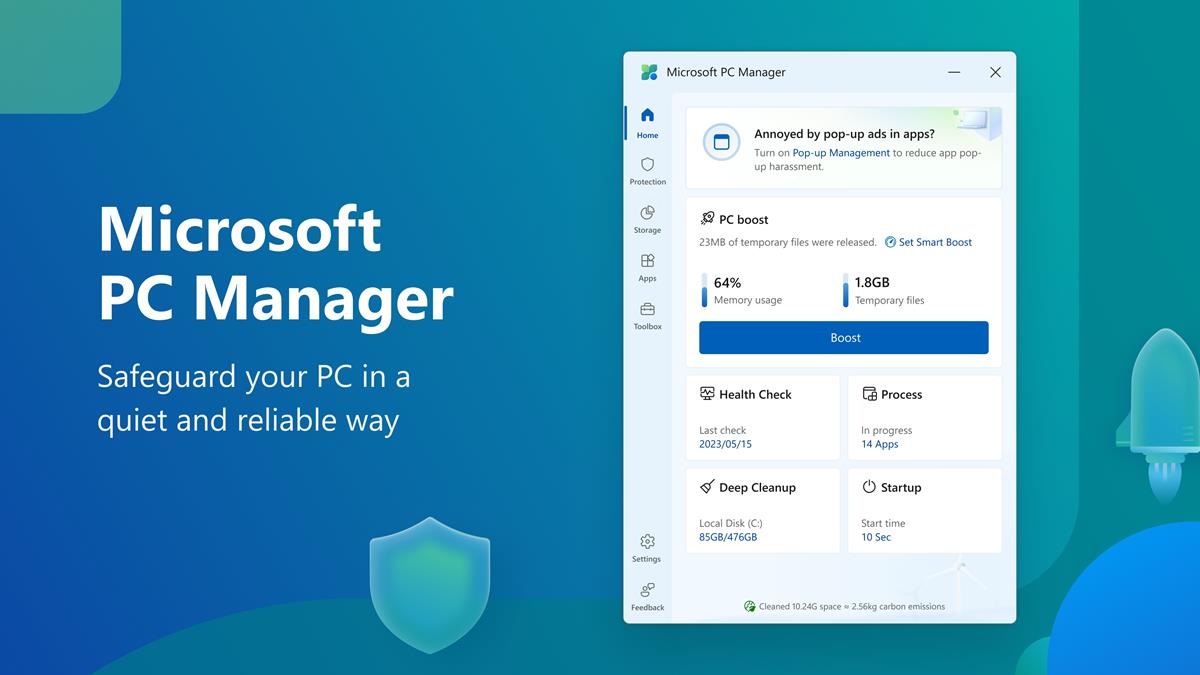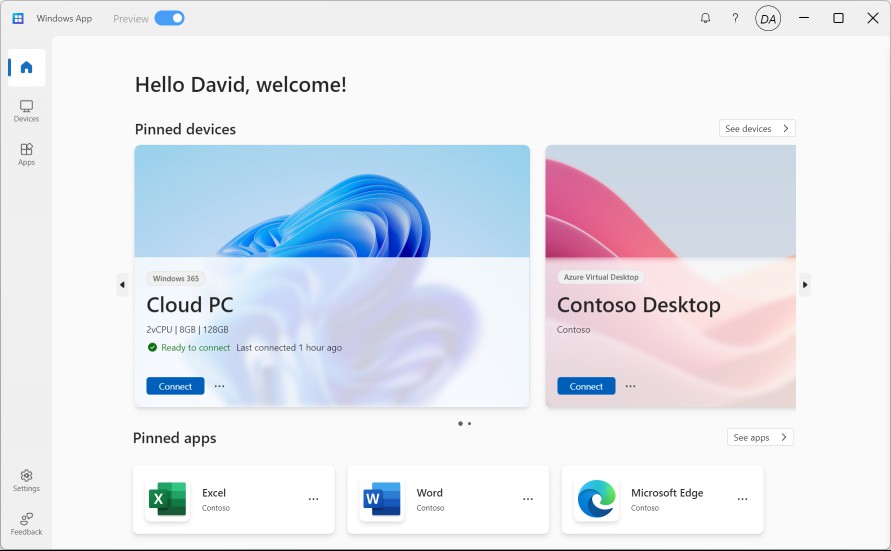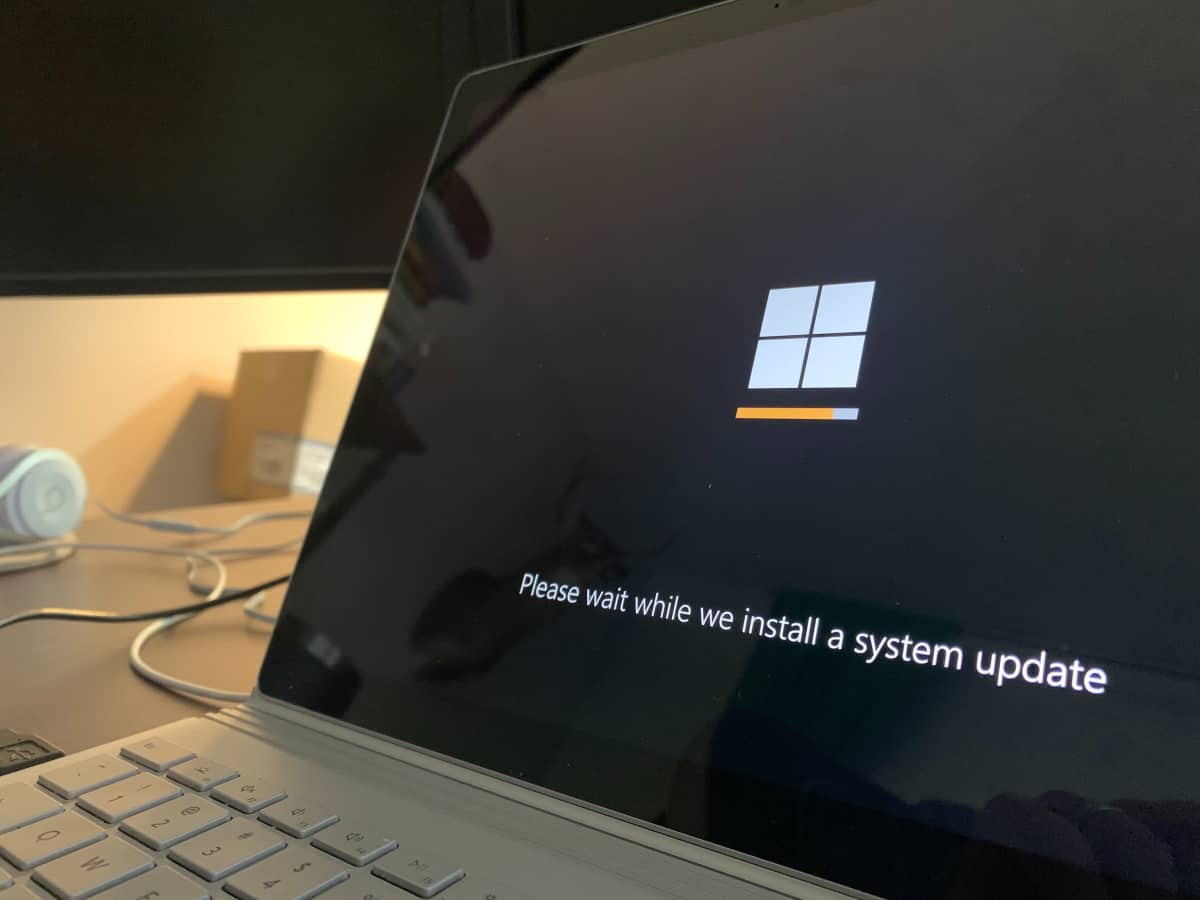Cybersecurity Alert: Users Deceived By Fake Google CAPTCHA Pages
In a significant security alert, cybersecurity firm CloudSek has unveiled a sophisticated phishing campaign linked to the Lumma Stealer malware, targeting Windows users. This approach leverages deceptive human verification pages that mimic legitimate Google CAPTCHA processes, luring victims into executing harmful commands on their systems. The campaign's reliance on well-established platforms, such as Amazon S3 and various Content Delivery Networks, adds another layer of difficulty in detecting these malicious activities.
Once users are directed to these fraudulent pages, they are prompted to click a "Verify" button. This seemingly innocent action triggers a hidden JavaScript function that copies a base64-encoded PowerShell command to the user's clipboard, misleading them into executing it. By following errant instructions provided on the site, users inadvertently run the malicious command in a concealed window, facilitating the infection process.
The insidious nature of this attack lies in its ability to deceive users into believing they are participating in a routine security check. Consequently, it highlights the critical need for user education around phishing threats, particularly the importance of questioning unusual prompts and directives such as copying and pasting unknown commands.
Organizations are urged to adopt comprehensive security measures, including robust endpoint protection capable of detecting and blocking suspicious PowerShell executions. Monitoring network traffic for connections to newly registered or unusual domains is also crucial to thwart further malicious activities. With the evolving nature of these attacks, keeping software systems up-to-date remains a fundamental defense against potential exploits.
The precarious balance between user trust and cybersecurity continues to challenge digital safety as attackers adapt their methodologies. Security experts warn that while this campaign predominantly spreads the Lumma Stealer malware, its techniques could easily be repurposed for other malicious software, presenting an ever-evolving threat landscape.
RECOMMENDED NEWS

Apple introduces Stolen Device Protection for iPhone with iOS 17.3 beta
Apple has released the first beta of iOS 17.3 beta to testers. It brings an important security feat...

Microsoft PC Manager is now available on the Microsoft Store for Windows 10 and 11
Microsoft has released its CCleaner-like app, called Microsoft PC Manager on its app store for Wind...

The Windows Windows App is real - replacing Remote Desktop app
Microsoft is once again shifting things around and making things confusing for users of its product...

Google's upcoming AI project will take over tasks in Chrome for you
Google is reportedly working on a new AI that will perform day-to-day tasks in Chrome. The technolo...

Avast Free Antivirus: Security Starts with Good Practices
Cybersecurity has become a priority for users of all levels. With the growing number of attacks and...

The Windows security updates for January 2025 are now available
Same procedure as every year. Microsoft released the first batch of security updates of 2025 a mome...
Comments on "Cybersecurity Alert: Users Deceived By Fake Google CAPTCHA Pages" :